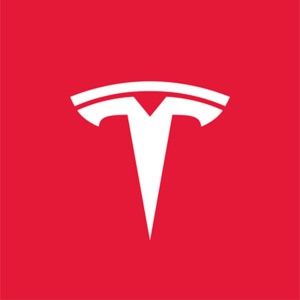Current drive away price of Tesla Model 3 SR+ $67,798
NSW Government Electric Vehicle Offer
- Waived Stamp Duty $2,325
- EV Rebate $3,000
Drive Away price from 1 September $62,473 $59,473
$2,621 cheaper than VIC after rebates, with no EV road tax for six years or until new EVs made up 30% of new car sales.
EDIT: Through the Tesla Corporate Program, delivery fee is waived (save $1375) = $61,098 $58,098 drive away
The New South Wales government will waive stamp duty on electric vehicle purchases and provide subsidies for 25,000 new purchases as part of a $490m strategy to drive uptake of EVs.
Under the plan announced on Sunday, people buying battery and hydrogen fuel cell vehicles priced under $78,000 from 1 September will pay no stamp duty, and $3,000 rebates will be available on the same day for the first 25,000 private purchases of electric vehicles priced under $68,750.
Enjoy!
![[NSW] Tesla Model 3 Standard Range Plus $59,473 (Was $62,473) Delivered after $3000 NSW Rebate and $0 Stamp Duty @ Tesla](https://files.ozbargain.com.au/n/61/631861.jpg?h=7b451d57)

So QLD, what are you waiting for?